But, what can be done to create a strong change in policy communication? To make the press truly become an effective resource?... Reporter of the Journalist & Public Opinion Newspaper had an interview with Mr. Luu Dinh Phuc, Director of the Press Department - Ministry of Information & Communications to clarify this issue.
+ Sir, social consensus is not only a goal but also an important social resource to contribute to the successful implementation of policies in practice. The press is considered a bridge between the policy issuer and the policy beneficiaries. How do you assess the importance of the press in participating in the stages of the policy process in the current period?
- A policy must be issued from the requirements of practice. If it is far from practice, the policy will not have a place to live. Therefore, to have a policy that is suitable for practice and feasible, the process of building a policy from ideas, forming policies, collecting opinions, issuing policies and evaluating policy effectiveness requires the participation of the press. The opinions of all classes of people, experts and scientists , through the press forum, are constructive, critical and supervisory voices, and play an important role.
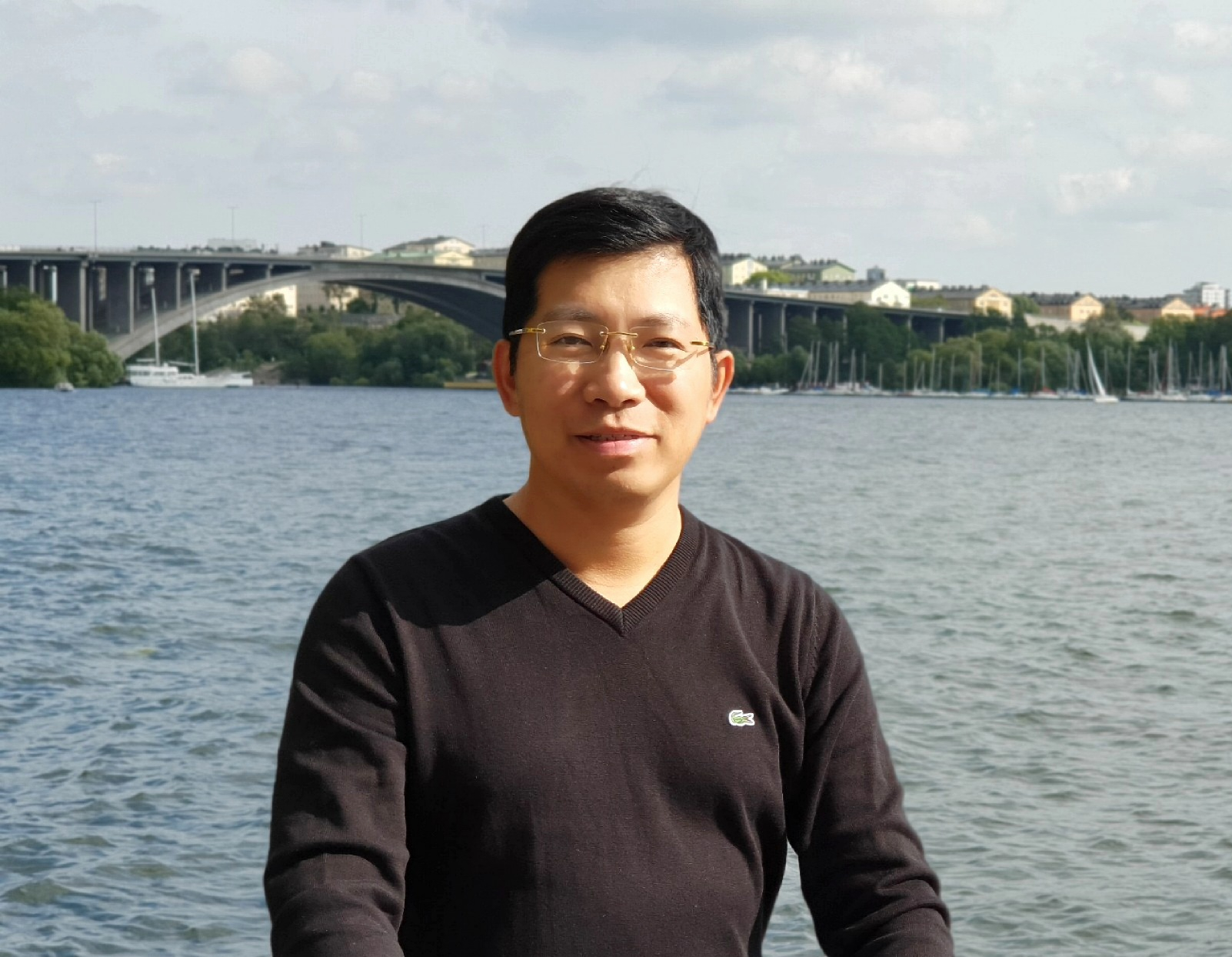
Mr. Luu Dinh Phuc, Director of the Press Department - Ministry of Information and Communications.
In many cases, the voice of the press plays a decisive role when the draft policy does not have the consensus of the majority of people and society; or when the press strongly conveys the high consensus of the people and society in support of the policy.
Through the voice of the press, policy-making agencies have many useful information, both in the stages of policy formulation, implementation and completion. As recently, there were thousands of opinions on the draft amendments to the Land Law reflected by the press; or the media supported the authorities to be decisive in punishing drivers who drink alcohol.
But we must also look at it from the opposite perspective, it is very necessary for the press to criticize policies in a professional, scientific, constructive manner, avoiding the phenomenon of using criticism to "fight" and protect group interests. On the other hand, there needs to be more voices from the press to criticize, guide public opinion, and refute false, distorted, fabricated, and provocative information on cyberspace as is happening now.
+ In your opinion, what challenges is the press facing in becoming an important resource for policy communication?
- Yes, the press is facing conflicting information flows on social media, where young people and the number of users are increasing. Policy communication is the press's participation in policy making, bringing promulgated policies to the people, communicating so that people understand, believe and implement.
The difficulty is that, even in remote, isolated, and disadvantaged areas, people access information from the left-wing network, then whisper and spread stories when gathering, then half-believe and half-doubt. Even in urban areas, many elderly people are also accessing this "toxic" information every day. Therefore, the responsibility of the press is to bring official information to all people and regions; to speak out in opposition, to build and spread policies that are easy to understand, easy to approach, easy to do, to use the good to eliminate the bad.
Along with that, many agencies, ministries, branches and localities are still not proactive in providing source information to the press; have not fully recognized the importance of proactively providing information to the press; and do not have specialized human resources to do this task. On their part, reporters who follow the field need to become good experts, instead of many superficial articles, listening to this place, that place, this expert, that scientist, but the reporters themselves do not have knowledge, do not understand widely, do not understand deeply, so they are easily guided to counter-arguments, sometimes not beneficial.
Furthermore, the press has accurate and correct criticism, but it needs to be widely and deeply spread to be effective. This is also a challenge that requires the press to quickly transform digitally so as not to fall behind, lose readers, lose revenue and reduce the number of readers accessing the press's policy-making voice.
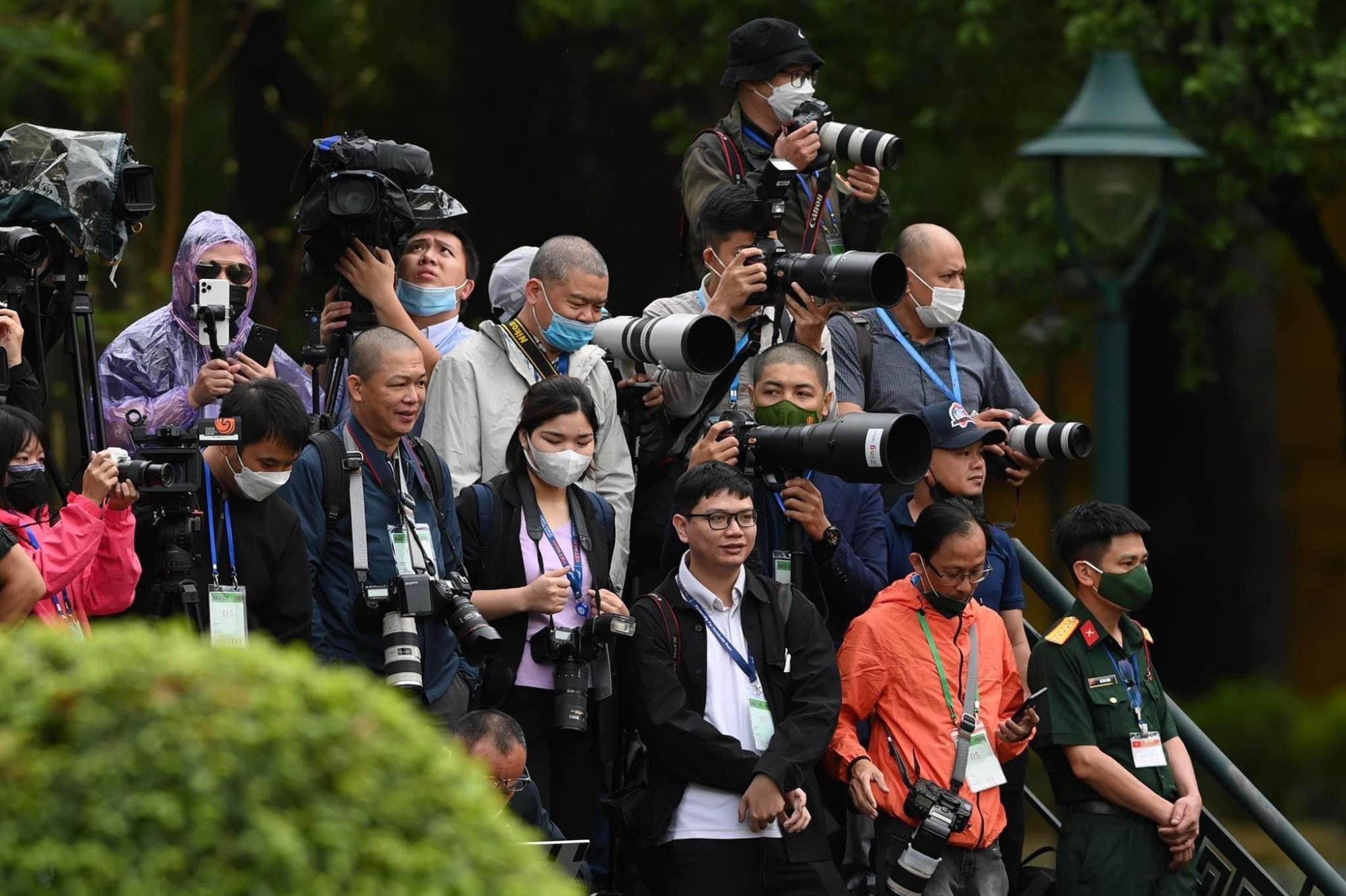
Reporters at work. Photo: TL
+ In your opinion, how should the press take advantage of technology and new media to strengthen its role in policy communication?
- It is true that the press itself must innovate. Digital transformation of the press is the fastest way for the press to reach more, get closer to the press public, aiming at the goal of having a better content experience, thereby communicating policies more effectively. With new technology, we can know who, where, what, how long, and what issues are most interested in, and therefore the editorial office can edit information content to suit people's interests, can express it more easily, avoid scientificizing the issue, avoid overly specialized and academic language.
New technologies such as artificial intelligence can personalize content and push data that readers are interested in. Good media content must be spread on social media platforms to increase interaction. It is the feedback from the public on social networks that will open up new issues and new approaches for the press, from which the press can form a line of counter-arguments and build policies that are closer to reality and more effective.
+ Policy communication also requires the press to reflect and monitor the decisions and actions of the Government . In policy communication, there is a great need for active interaction between the Government, the press and the public. So, in your opinion, in the coming time, what kind of environment do we need to create for the press to build trust and active interaction between stakeholders, thereby helping the press to truly become an effective resource?
- It can be affirmed that our press force is an important and indispensable factor in the process of building, implementing and perfecting policies. The press has done a good job of this task. But in the new context, the press is losing viewers and listeners to social media, losing advertising market share, which means that the press is reducing its ability to spread policies to the public; the press is also no longer the only bridge from the Government to the people. We all see that the Government fanpage has millions of followers every time there is new news, the information is faster and the number of followers is much larger than the number of followers of news in the press at the same time.
That is the innovation in the approach to the public, taking communication effectiveness as the most important measure. Previously, policy communication was considered the job of the press, but now, policy communication is the job of the government at all levels. This change in perception is clearly shown in Directive No. 07 of the Prime Minister on strengthening policy communication work.
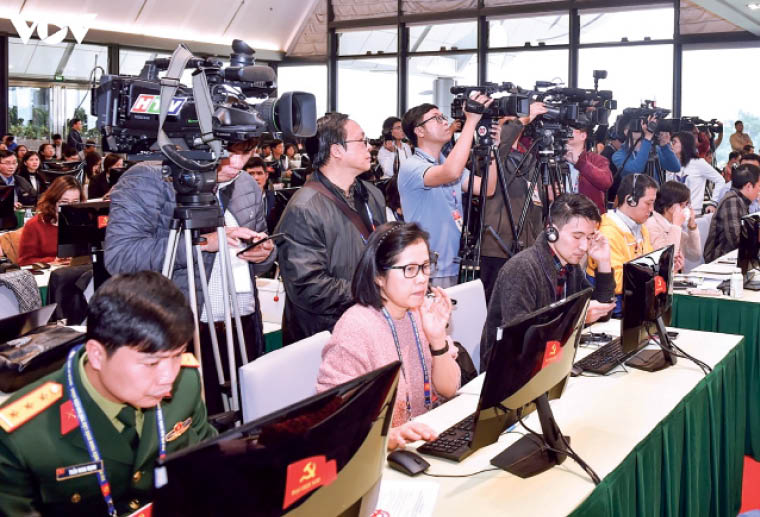
Reporters at work.
Accordingly, the Government recognizes that communication work has not yet received due attention. Many ministries, branches and localities do not have a team of professional, dedicated policy communication staff; they have not yet seen the importance of allocating appropriate resources (including human resources, working conditions and funding) for policy communication work.
The lack of planning, lack of initiative, and lack of professionalism in providing information and communication have led to incidents and communication crises in a number of areas, affecting the implementation of the State's policies, guidelines, and laws. Therefore, the Government has assigned specific tasks to ministries, branches, and localities to arrange staff in charge of policy communication work.
Policy communication is the main task of the government, not the press. Therefore, the government must allocate human and financial resources for this activity and proactively provide information to the press; build an operating apparatus, orient information, and handle media crises in a methodical and professional manner, with the press as the core; the press's criticism of the policies of the Government, ministries, branches, and localities needs to be gathered more fully, from which to absorb, direct, handle, and inform to broaden public opinion.
Regarding the press, it is necessary to further promote the building of a cultural environment in press agencies. Heads of press agencies must set an example and strictly handle violations of professional ethics, especially the use of policy criticism to "fight" , create conditions for in-depth training for reporters following the field; build a separate process for policy criticism, accordingly, it is very necessary to have the active support of agencies in the political system in providing information to the press and interacting with the press.
+ Thank you very much!
Nguyen Huong (Implementation)
Source





![[Photo] General Secretary To Lam receives Slovakian Deputy Prime Minister and Minister of Defense Robert Kalinak](https://vphoto.vietnam.vn/thumb/1200x675/vietnam/resource/IMAGE/2025/11/18/1763467091441_a1-bnd-8261-6981-jpg.webp)
![[Photo] Prime Minister Pham Minh Chinh and his wife meet the Vietnamese community in Algeria](https://vphoto.vietnam.vn/thumb/1200x675/vietnam/resource/IMAGE/2025/11/19/1763510299099_1763510015166-jpg.webp)



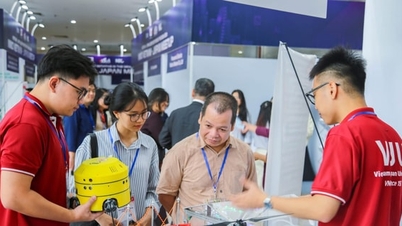

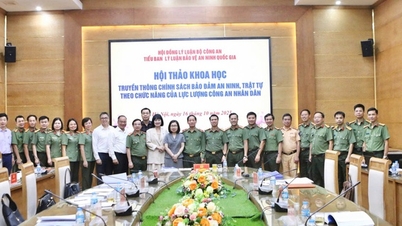

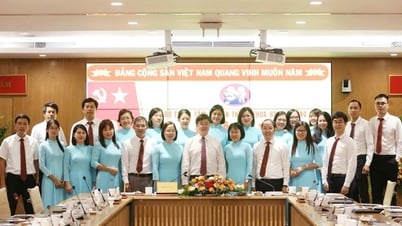

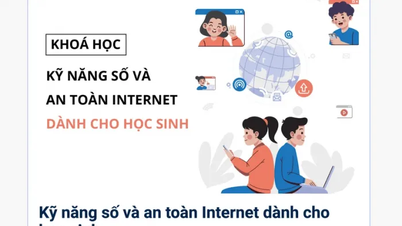


















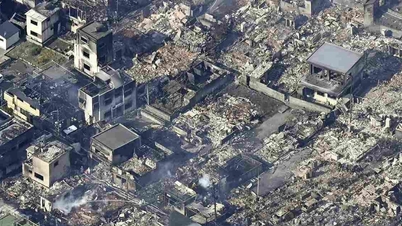
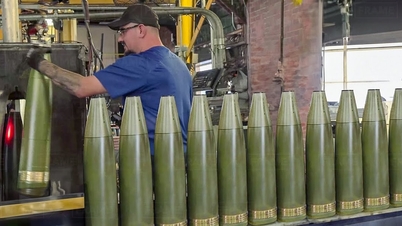

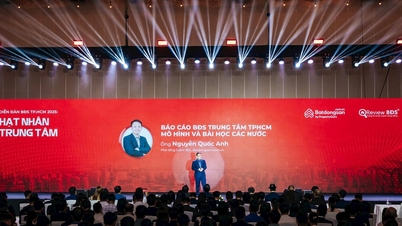









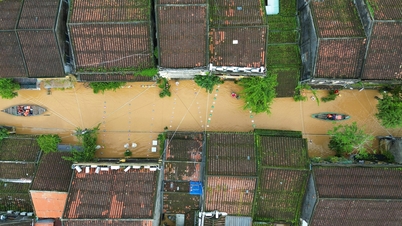
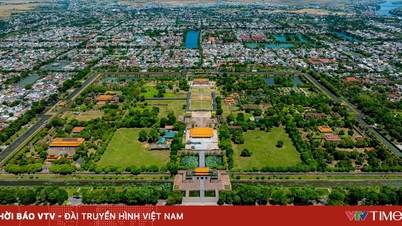






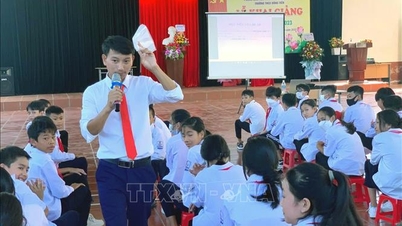


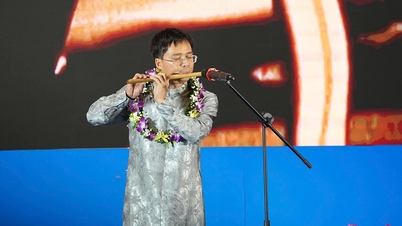





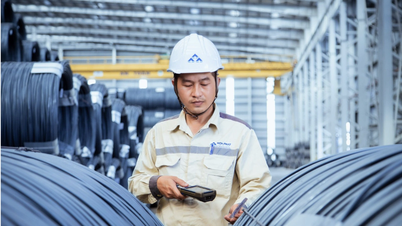

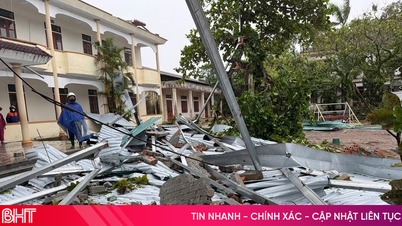
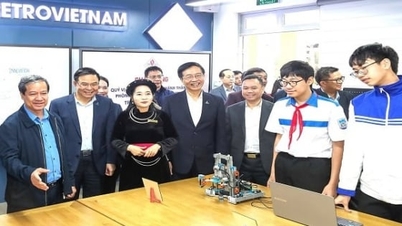










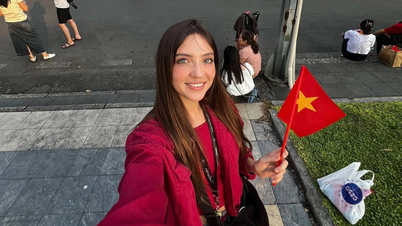
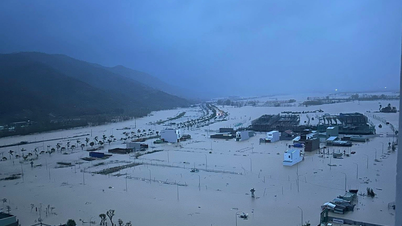





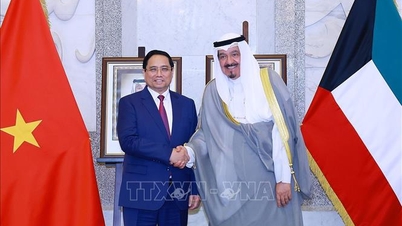

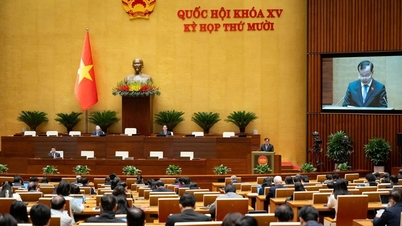

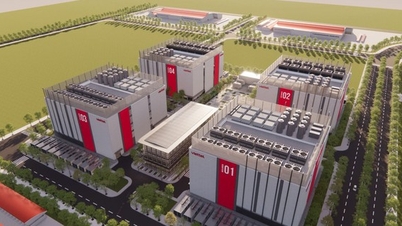
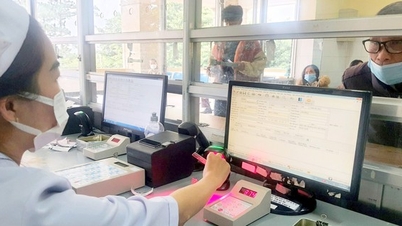
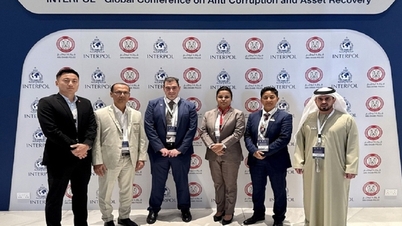
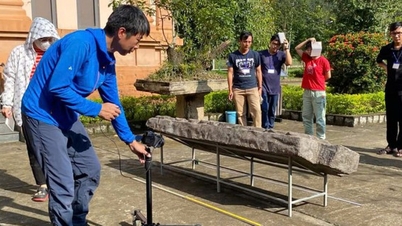








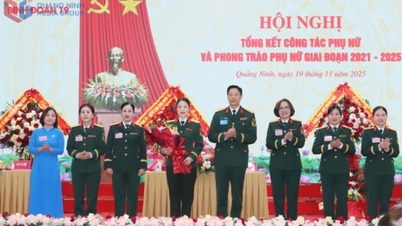















Comment (0)